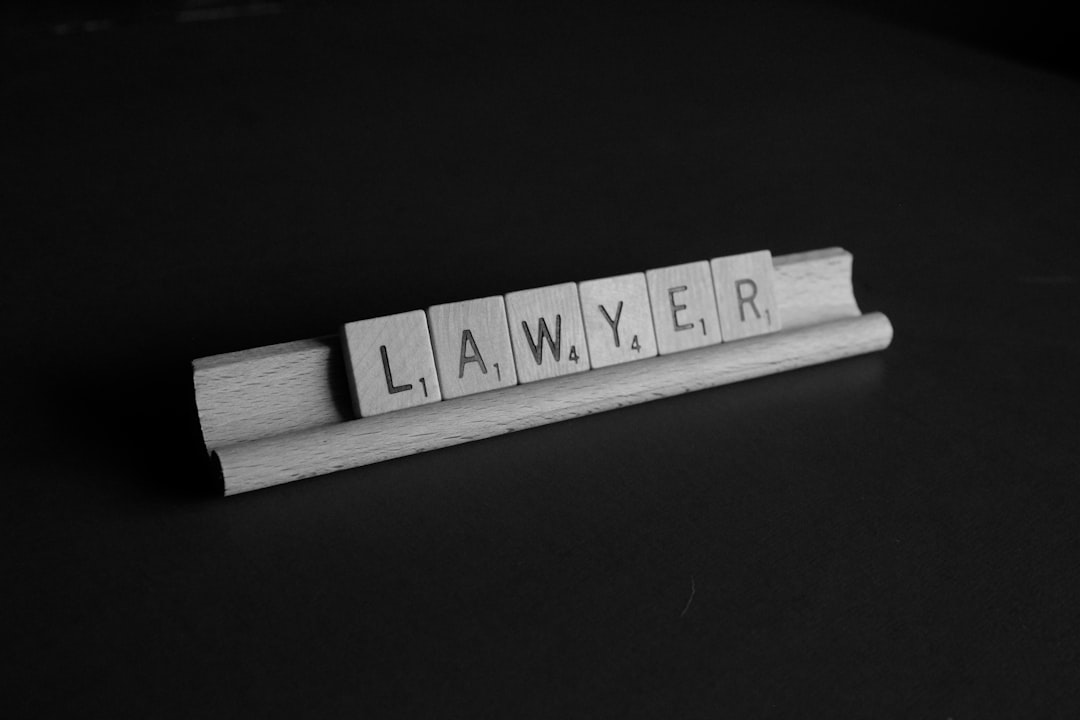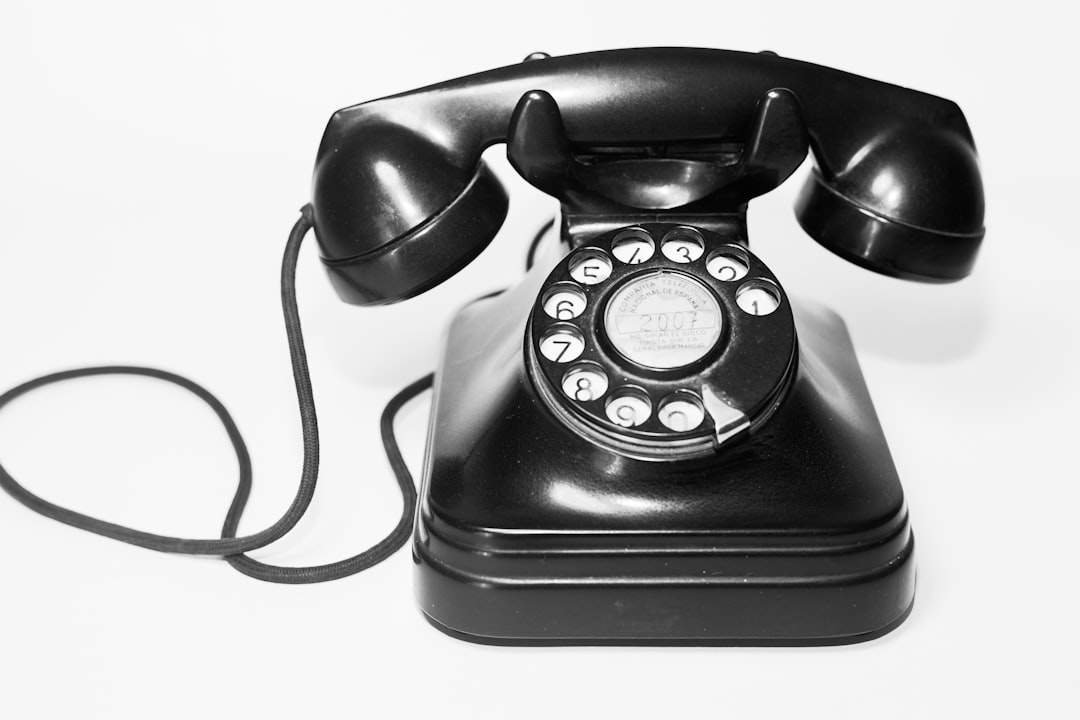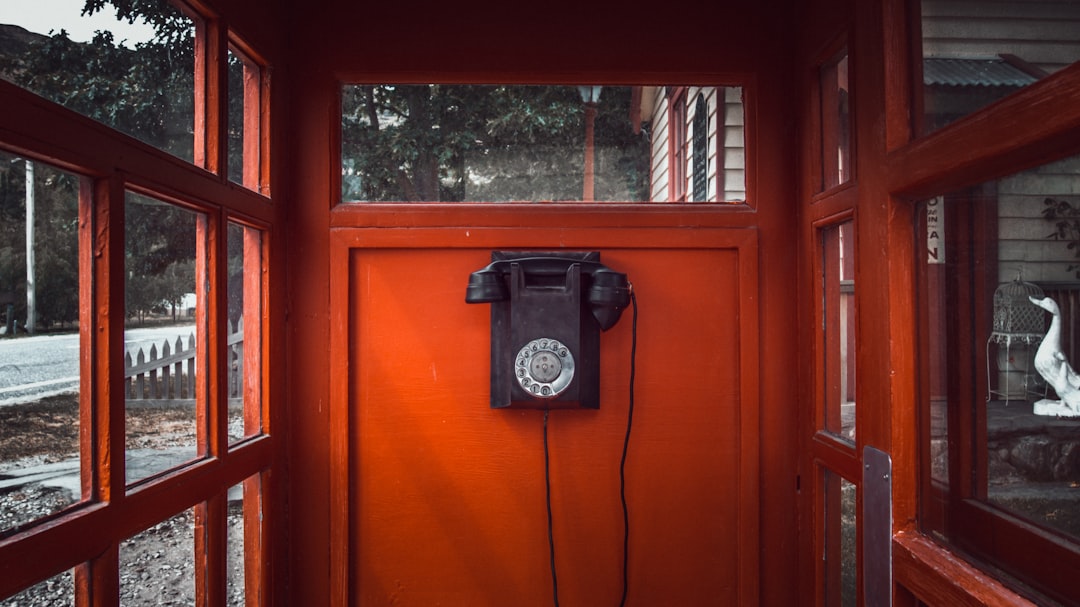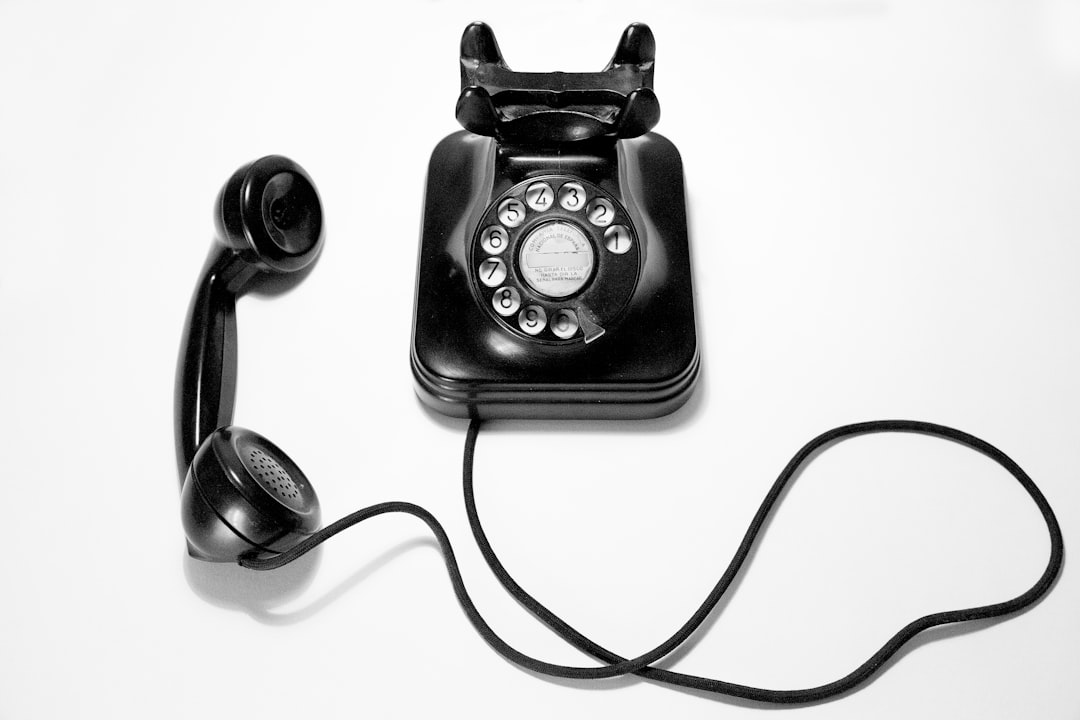Robocalls are a common issue in Pennsylvania, with Pittsburgh residents facing unwanted marketing and debt collection calls. The state offers protections through the Do Not Call program and the Telephone Consumer Protection Act (TCPA). Residents can register with the National Do Not Call Registry, use call-blocking tools, adjust privacy settings, and consult a specialized Do Not Call Attorney in Pennsylvania for legal assistance and to navigate exceptions for political campaigns, non-profits, and debt collectors. Engaging such an attorney provides tailored guidance and effective legal recourse against persistent robocalls.
Pittsburgh residents, are you tired of relentless robocalls? You’re not alone. With advancements in technology, automated calls have become an ever-present nuisance. This guide explores everything Pittsburgh locals need to know about robocalls, from understanding their legal rights under Pennsylvania’s Do Not Call laws to practical steps on how to stop unwanted calls. Learn when robocalls are permissible and when they’re not, and discover when it’s time to consult a Do Not Call Attorney in Pennsylvania for expert legal help.
Understanding Robocalls in Pennsylvania

In Pennsylvania, like many other states, robocalls have become an increasingly common nuisance for residents. These automated calls, often delivering pre-recorded messages, can be used for various purposes, from marketing and fundraising to debt collection and political campaigns. While some robocalls offer valuable information or services, many are considered unsolicited and unwanted by recipients.
Pennsylvania has specific regulations in place to protect its residents from excessive or deceptive robocalls, including the Do Not Call Attorney General’s office that allows individuals to register their phone numbers to reduce such calls. Understanding your rights and knowing how to block these calls can help Pittsburgh residents mitigate the impact of robocalls on their daily lives.
Legal Protections for Pittsburgh Residents

Pittsburgh residents, like all citizens across Pennsylvania, are protected by state and federal laws aimed at combating unwanted robocalls. The Telephone Consumer Protection Act (TCPA) is a significant piece of legislation that grants consumers various rights to control their phone numbers. This includes the right to refuse marketing calls, often denoted as the “Do Not Call” registry.
In Pennsylvania, individuals can seek legal recourse against persistent robocallers by consulting with a Do Not Call Attorney in the state. These attorneys specialize in navigating the complexities of TCPA regulations and can help residents understand their rights, file complaints, and potentially seek damages for invasions of privacy caused by unwanted calls.
How to Stop Unwanted Calls

Pittsburgh residents, like many across the country, often find themselves on the receiving end of unwanted robocalls. These automated phone calls can be a nuisance and even a source of frustration. Fortunately, there are steps you can take to mitigate their impact.
One effective way to stop unwanted calls is by registering your number with the National Do Not Call Registry. This federal list helps prevent telemarketers from calling your number. Additionally, Pennsylvania residents have the option to consult a Do Not Call Attorney for legal protection against harassing calls. These attorneys can guide you on blocking and suing for damages if necessary. Other practical measures include using call-blocking apps or installing hardware-based solutions that filter out automated calls at the router level. Regularly reviewing and updating privacy settings on your phone and social media accounts is also recommended to limit the spread of personal information that might lead to increased robocalls.
When is a Robocall Legal?

In Pennsylvania, robocalls are regulated by state and federal laws designed to protect residents from unwanted telemarketing calls. Generally, a robocall is considered legal if it complies with the Do Not Call (DNC) regulations set forth by the Federal Trade Commission (FTC). If you have registered your phone number on the National Do Not Call Registry, robocalls offering goods or services are prohibited unless the caller has your prior express consent.
Additionally, certain types of robocalls are exempt from these restrictions. For instance, calls from political campaigns, non-profit organizations, and debt collectors have specific rules governing their conduct. Moreover, if a Do Not Call Attorney in Pennsylvania initiates the call, it’s usually legal as long as they adhere to the state’s guidelines for attorney communications.
Seeking Legal Help: Do Not Call Attorney

If you’re a Pittsburgh resident tired of unwanted robocalls, know that seeking legal help is an option. One key resource to consider is a Do Not Call Attorney in Pennsylvania. These specialized lawyers can offer guidance tailored to state laws, which have specific protections against unsolicited calls. They can assist with blocking and stopping these calls effectively, ensuring your privacy and peace of mind.
A Do Not Call Attorney in Pittsburgh can help you navigate the legal system and assert your rights. By reaching out to such a lawyer, you’re taking proactive steps to mitigate the nuisance caused by robocalls. This is particularly important given that many legitimate organizations bypass existing do-not-call lists, making it crucial to have specialized legal intervention for lasting relief.






